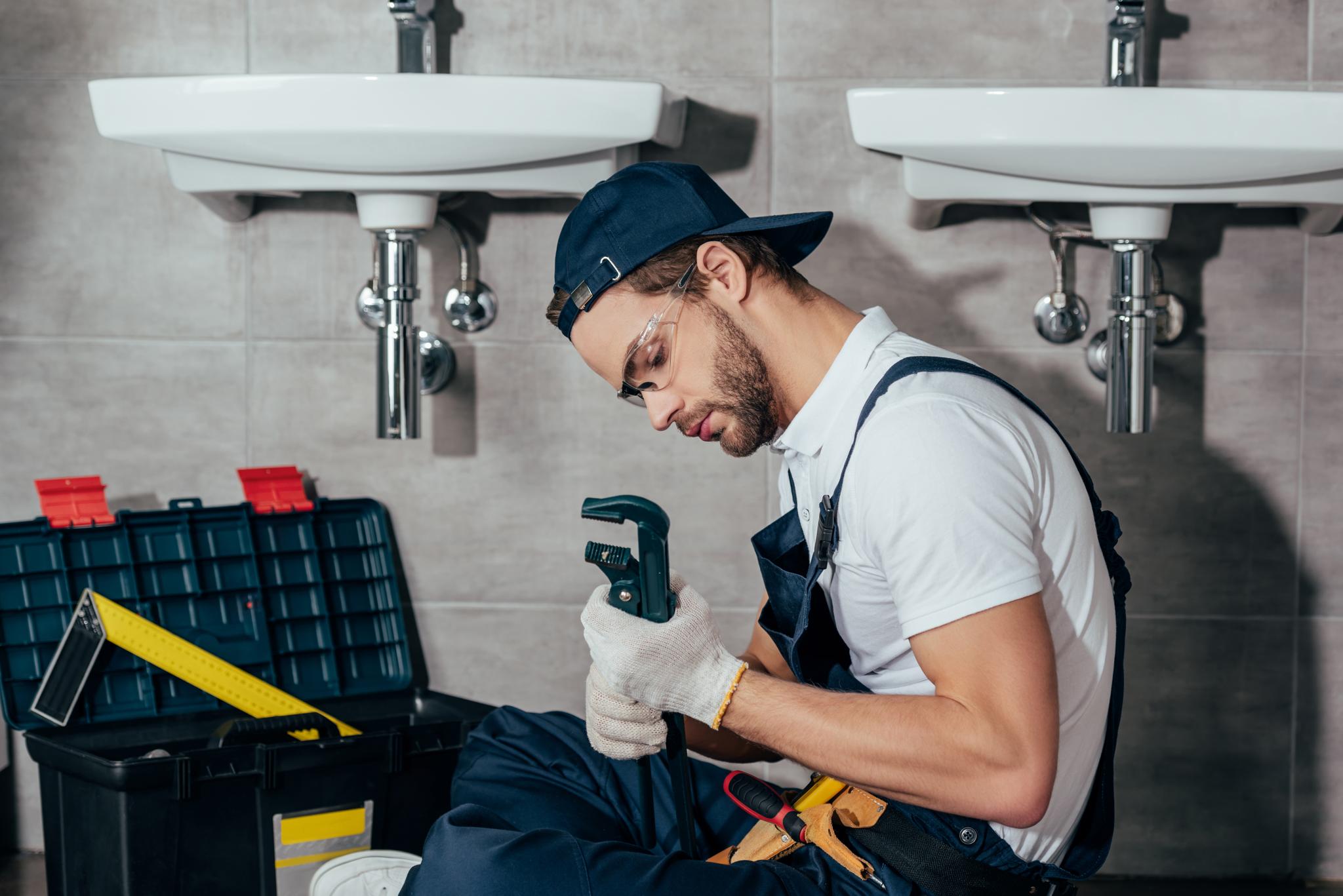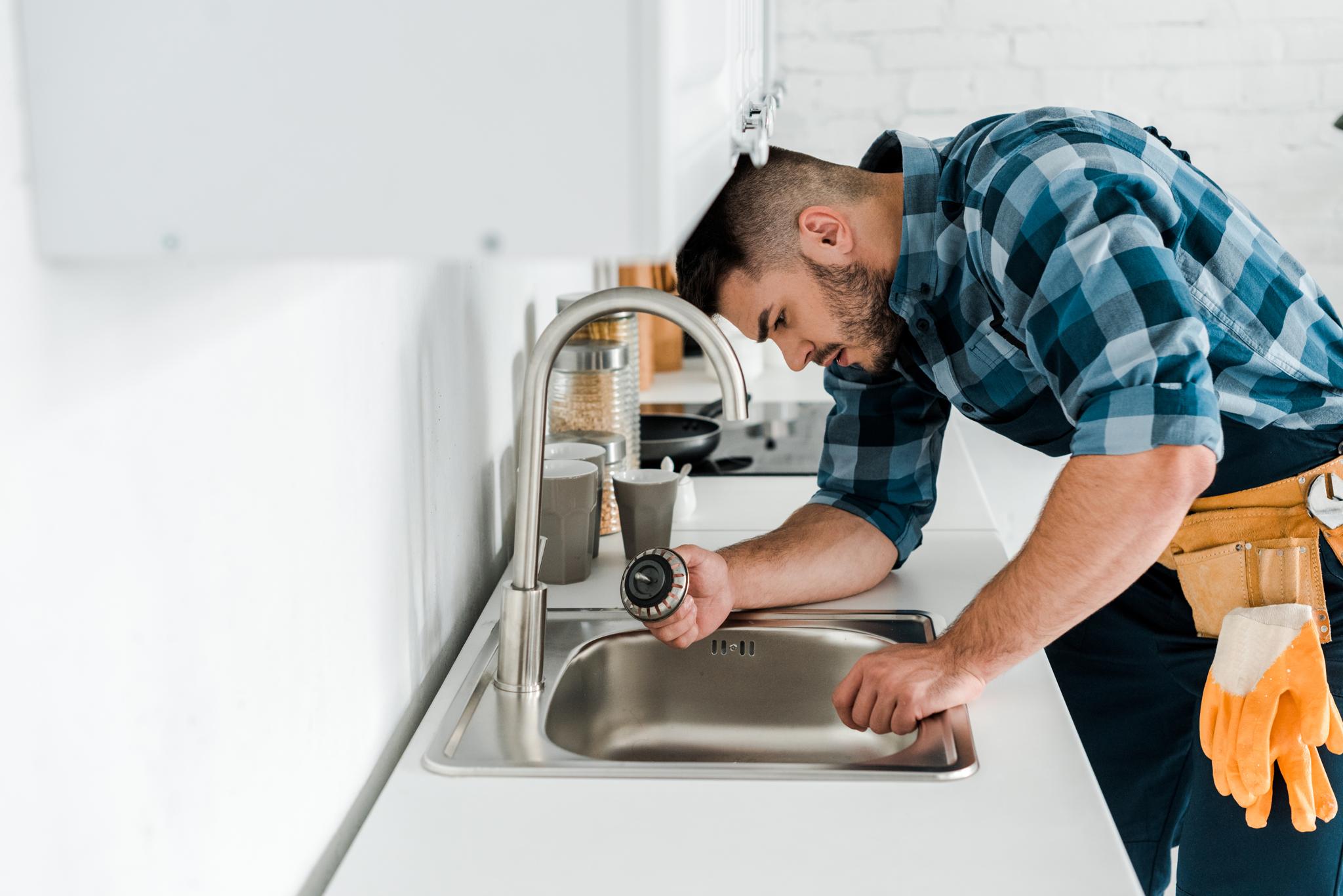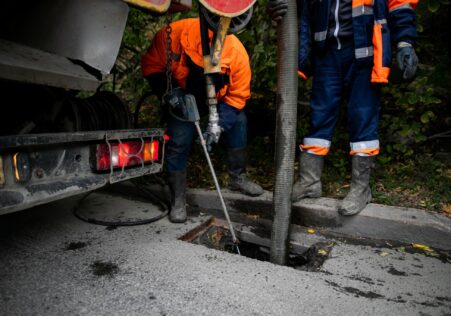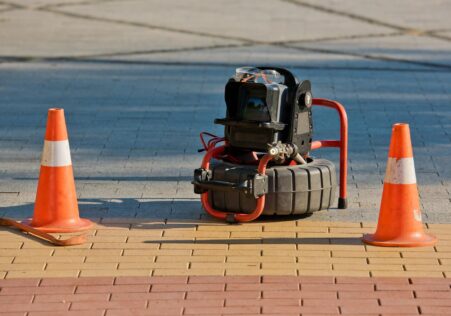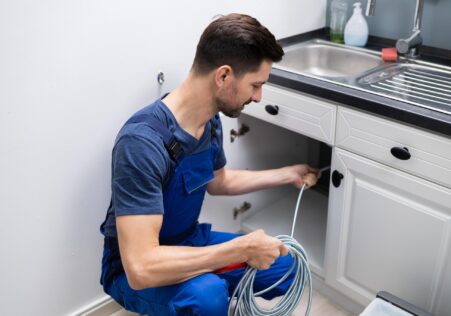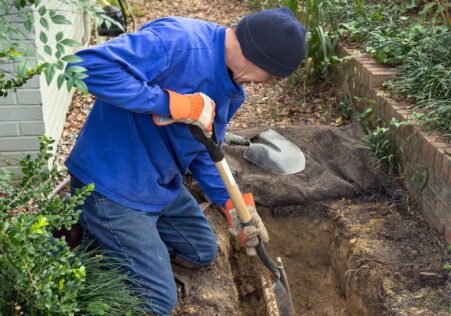7 Household Items That Should Never Be Flushed Down the Toilet
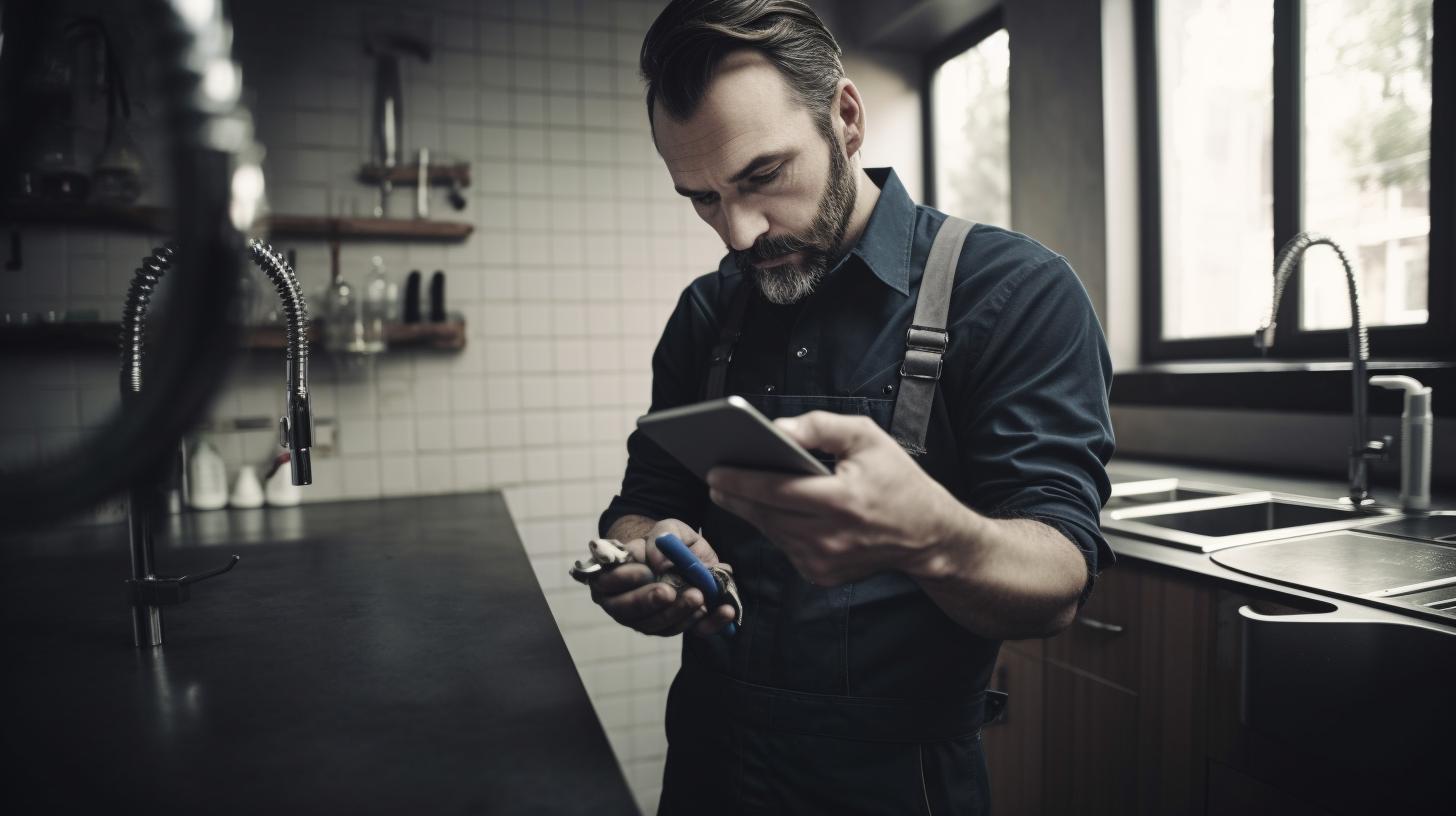
The toilet is a standard fixture in our homes that we regularly use. We tend to think of its utility for granted, however it’s essential to keep in mind that it’s no garbage can. Certain things shouldn’t to be flushed into the drain as they can cause blockage inside the sewer or damage the sewer pipe.
Key Takeaways
- Be careful not to flush certain items down the toilet as they could block the drain or harm to pipes in the sewer.
- Seven household items you shouldn’t to flush down the toilet are:
- Baby wipes
- Condoms
- Oil and cooking fat
- Products for female hygiene (tampons and pads for sanitary use)
- Medicines
- Dental floss
- Paper towels
- The act of flushing any of these items can result in blocked drains or damaged sewer pipelines within your home’s plumbing system. This can result in unimaginable expense to you.
- Sydney Blocked Drains Plumbing offers unblocking blocked drains drainage clearing CCTV drain inspection and pipe relining.
Seven household objects that should not be flushed down the toilet.
1. Baby wipes
Baby wipes might seem useful but they don’t dissolve like toilet paper and can clog the plumbing in your home. Throw them away in the garbage instead.
2. Condoms
Dissolving condoms in the toilet can lead to blockages in both the plumbing in your home and wastewater treatment facilities.
3. Food preparation grease and oil
Oil and grease should be disposed of in a container and thrown away in the trash, as they’ll harden, causing obstructions in your drains, or pipes.
4. Female hygiene products
Tampons and sanitary pads are frequently advertised in the form of "flushable, " but flushing them will only lead to problems later when they join with other products to cause a terrible obstruction.
5. Medicines
The flushing of medications should not occur through the toilet, as they could pollute our water sources.
6. Dental floss
Dental floss is made to be durable that means it will not break apart when wet, which can lead to the possibility of clogging your pipes.
7. Paper towels
As opposed to toilet paper the paper towels have a more dense weave which means they are less likely to deteriorate rapidly once they are they are wet. This means that they will not easily cause blockages.
In conclusion, flushing any of these seven items could result in blocked drains or damaged pipelines within your home’s plumbing system which can result in an unexpected cost to you. Be mindful of the items you send down the toilet.
| Item | Reason for not Flushing |
|---|---|
| Baby wipes | Do not break down like toilet paper and can clog your plumbing system. Dispose of them in the trash instead. |
| Condoms | Leads to blockages both at home’s plumbing and treatment plants. |
| Cooking grease and oil | Will harden and cause blockages in your drains or pipes. |
| Feminine hygiene products | Combining with other items creates a nasty clog despite being marketed as "flushable". |
| Medications | Can contaminate our water sources. |
| Dental floss | Designed to be strong, leading to potential blockages in pipes. |
| Paper towels | Less likely to deteriorate quickly once wet, easily causing blockages unlike with toilet paper. |
Common Questions and Answers
Can flushing feminine hygiene products actually harm my pipes?
Yes. Female hygiene products don’t disintegrate in water, and can cause blockages in the sewer or your pipes.
Are flushable wipes really flushable?
There is no need to worry, most "flushable" wipes do not actually break down easily and may cause clogs in your pipes.
Do I have to put baby wipes in the toilet?
No. Baby wipes should never be flushed down the toilet because they don’t dissolve easily and can cause obstructions.
Do paper towels need to be used to flush?
No. Paper towels are more dense than toilet paper and don’t break down with the same ease, resulting in potential clogs in the plumbing system.
What happens to medications? Can I flush them in the toilet?
No. Medicines can be harmful to our waterways, which is why it’s vital to dispose them in a safe manner by taking your medications to the designated drop-off location.
If you find yourself dealing with a blocked drain, don’t be afraid to contact our professional plumbing service by calling Sydney Blocked Drains Plumbing . We provide unblocking blocked drains as well as drain clearing CCTV drain inspection as well as pipe relining services to ensure that your home isn’t impacted by issues with drainage. Call us today to schedule an appointment.
Additional Information
- How to Choose between Different Types of Pipe Relining Materials (And Which One Is Right for You)
- The Top Causes of Blocked Drains You Need to Know
- Seeking a plumber to solve your backed up drain issue? Here's how
- DIY Methods for Clearing Blocked Drains at Home
- The Science of Unblock: Unveil How Blocked Drain Jetting Works
- How CCTV Drain Inspection Helps in Saving Time and Money on Plumbing Repairs?
- The Guide to Finding & Pinpointing a Obstructed Pipe
- DIY Drain Cleaning: How to Safely Tackle Clogged Drains
- Save Money and Time with Preventative Drain Care Practices
- Stop Blockages Before They Happen: A Decade of Methods to Prevent Blocked Drains


